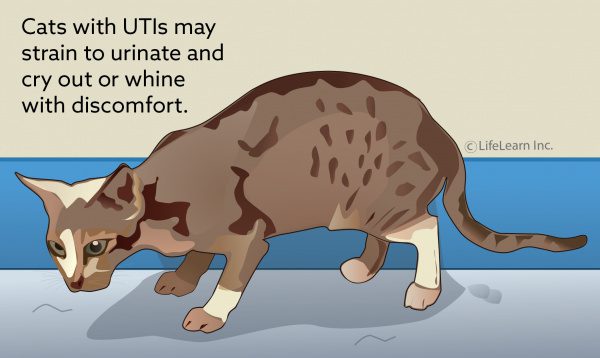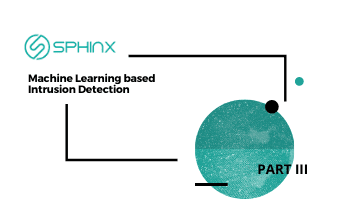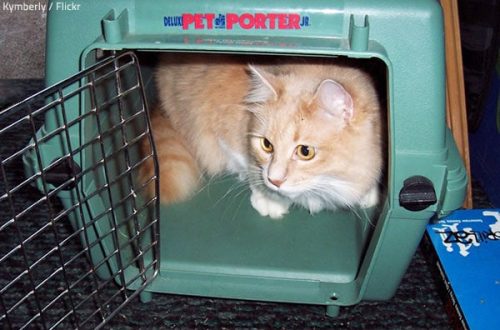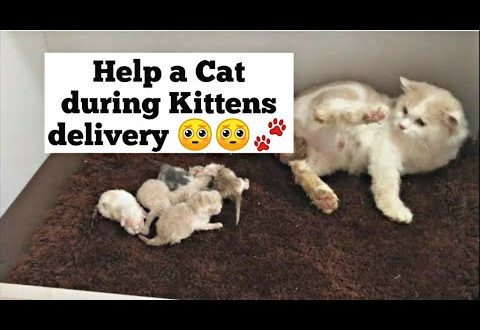
Diseases and infections of the urinary tract in cats
Contents
- What is feline urological syndrome?
- Why is it important to understand what LUTS is?
- What causes urinary tract disease?
- Warning signs and symptoms of urinary tract disease in cats
- Treatment: the importance of nutrition
- What are the chances that feline urological syndrome may come back?
- Urinary health questions to ask your veterinarian:
What is feline urological syndrome?
FLUTD stands for Feline Lower Urinary Tract Disease (LUTD) and is a broad group of disorders or diseases that affect the lower urinary tract (bladder or urethra) in cats. The most common disease in this group is feline idiopathic cystitis (FIC). Idiopathic cystitis in cats involves inflammation of unknown etiology, but stress is thought to be a significant factor. Lower urinary tract disease (FLUTD) is also associated with the formation of crystals or stones, which can cause numerous and painful pathologies in the cat. The two most common types of crystals or stones are struvite and calcium oxalate. Feline urolithiasis (UCD), like idiopathic cystitis, is a serious condition that requires medical attention. Fortunately, treatment prescribed by a veterinarian, along with a complete and balanced diet, will help your cat recover.
There is a breed predisposition to this disease (for example, the Persians and the British are more likely to suffer from ICD). In addition, the formation of stones is associated with a reduced sense of thirst in mustachioed-striped pets: if you notice that a cat drinks little, try to establish a rational drinking regimen for it.
According to statistics, about 12% of cats are predisposed to this disease.
Why is it important to understand what LUTS is?
Urinary incontinence is the #1 problem in cats. Many animals end up in shelters because they do not always urinate in a designated area. Such slips affect both the cleanliness/hygiene of your home and your relationship with your pet. The good news is that if this problem is caused by a disease in the lower urinary tract, it is treatable.
What causes urinary tract disease?
Urological syndrome is a disease that depends on many circumstances. There is no single universal reason. Scientists identify several risk factors that can affect the development of the disease. For more information, always contact your veterinarian.
Risk factors for developing MLU:
- Age. Cats older than one year are most at risk.
- Weight, physical form. Overweight, lack of physical activity affect the incidence of the disease.
- Anamnesis. Cats with a history of chronic kidney disease or urinary tract disease are more likely to develop a urological syndrome.
- The disease occurs with equal frequency in males and females, but neutered pets have a much higher risk of life-threatening urethral obstruction caused by crystals or uroliths.
Nutritional Risks
You already know that the food your cat eats is extremely important to her overall health. An inappropriate diet can contribute to the development of lower urinary tract diseases. The resulting crystals and uroliths cause irritation, pain, and even blockage of the urinary tract. If not treated on time, in severe cases, the disease can lead to kidney damage and even death.
- The composition of feed from a regular, non-specialized store often does not meet the requirements for a balanced diet. Such food usually contains too much calcium, phosphorus and magnesium. A large amount of these substances can lead to the formation of crystals in the urine and, as a result, the formation of uroliths.
- The food affects the pH level – that is, the acidity – of the urine. To maintain a healthy urinary tract, urine must be moderately acidic: tripel phosphate/struvite crystals form more slowly in this environment.
Risk groups according to the conditions of detention:
- Lack of walks. Cats that do not go outside are at risk for urinary tract diseases.
- Neighborhood. Cats living in families with multiple pets are more likely to get sick.
- Stress. A situation where the animal is in conflict with other pets, suffering from visits from guests or lack of places to hide and rest can cause painful inflammation of the urinary tract.
- Lack of water. Improper drinking regimen increases the risk of urinary tract diseases in cats.
- Bad associations with the tray. Animals may associate painful urination with the litter box and stop using it.
Warning signs and symptoms of urinary tract disease in cats
If your cat develops any symptoms suggestive of a urological syndrome, contact your veterinarian immediately. The situation when a pet has difficulty urinating is an emergency. Especially if the cat or cat does not pee at all – the cause may be a blockage of the urethra, which is life-threatening .. Contact your veterinarian immediately!
Signs of bladder disease in cats:
- Urination past the tray (violation of urination).
- Tension during urination.
- Inability to control the bladder.
- increased frequency of urination; usually a small amount of urine is excreted.
- Pink, dark urine or blood-stained urine.
- Meowing/cries of pain during attempts to urinate.
- Licking the genital area.
- Decreased appetite.
- Loss of energy or lack of interest in normal activities.
Treatment: the importance of nutrition
The food you give your pet plays an important role in his health. There is a direct link between cat foods that are high in protein, as well as magnesium, phosphorus, calcium, and stone formation. Veterinarians believe that eating diets with limited amounts of these minerals may help dissolve some types of these stones.
A balanced diet is an essential part of an active, healthy lifestyle for animals. With urinary tract disease, it is even more important to feed the cat correctly.
An optimal diet will help:
– control the level of minerals,
Maintain a healthy pH level in urine
– reduce inflammation.
– in some cases, allows you to conservatively solve problems with urination.
Always consult your veterinarian for an accurate diagnosis and treatment options. In addition, ask him to recommend the right food to keep your cat’s urinary tract healthy.
Additional ways to restrain the development of the urological syndrome:
- Increase your pet’s water intake.
- Make sure your cat has access to clean and fresh water 24/7.
- Feeding wet or canned food also helps increase water intake.
- Feed your cat several small meals throughout the day instead of one or two large ones.
- Reduce stress levels at home.
- Put up a scratching post and play more with your pet in your free time during the day.
- Control changes in the house and any conflicts between the cat and other pets.
- Cats are very sensitive to the environment. Reducing the potential causes of stress, especially for patients with idiopathic cystitis, can significantly improve their condition.
What are the chances that feline urological syndrome may come back?
Urinary tract disease cannot be completely cured. Any cat that has had a urological syndrome is at risk of getting sick again. Even with effective treatment, some pets may experience flare-ups from time to time. Therefore, it is important to continue to follow your veterinarian’s dietary advice so that you can keep your cat healthy on a daily basis and control the signs of this devastating disease.
Urinary health questions to ask your veterinarian:
- What can cause involuntary urination in my cat? What are the emergency and long-term treatments?
- Be sure to ask if infrequent or disordered episodes of involuntary urination could be a sign of a serious problem.
- Find out if the problem is behavioral, environmental, or medical.
- Ask how diet and water intake can affect the animal’s health.
- Is nutrition part of the cat’s treatment? Would you recommend Hill’s Prescription Diet Cat Food for your pet’s urinary health?
- What should I do if I have multiple cats? Can I feed them one common food?
- How can nutrition help to cope with the problem? What are the benefits of eating a diet versus taking drugs?
- What are the pros and cons of using nutrition to support a cat’s urinary health?
- Which type of food is best for cats with urinary tract problems, dry or wet? Why?
- If you are feeding your cat a mixture of dry and wet food, ask what diet foods can be mixed.
- How long should I feed my cat the recommended food?
- Ask how diet cat foods can help maintain long-term urinary health in your pet.
- What is the best way to contact you or the veterinary clinic if there are additional questions (e-mail/phone)?
- Ask if your cat will need follow-up.
- Find out if you will receive a notification or email reminder of this.





